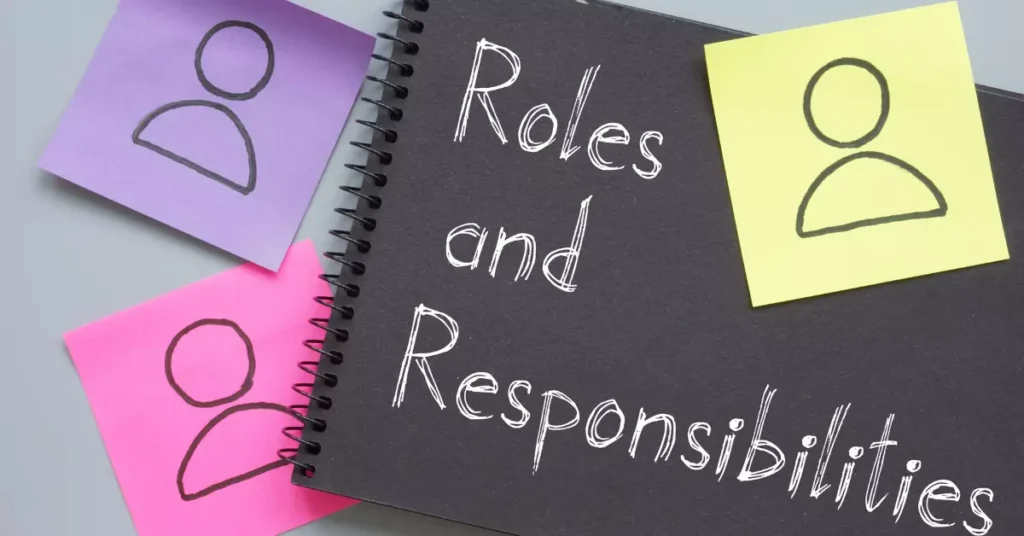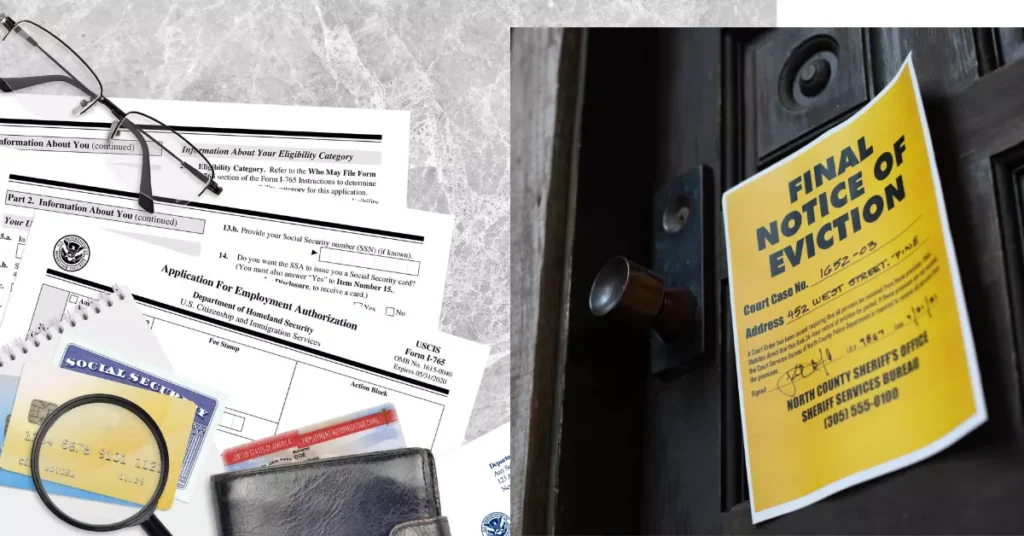Landlords can legally do things such as screening tenants, raising rent, and evicting tenants for valid reasons. However, they cannot discriminate against tenants based on protected characteristics, enter a tenant’s home without notice or consent, retaliate against tenants for exercising their legal rights, or use force to remove tenants.
This article will provide a comprehensive overview of what landlords can and cannot do, based on legal guidelines and regulations.
By the end, you will have a better understanding of your legal obligations as a landlord and how to avoid any legal pitfalls while managing your rental properties.

Understanding Tenant Rights
As a landlord, it’s important to understand the rights of your tenants. Failure to do so can lead to legal issues and costly penalties. Let’s dive into the key points of tenant rights.
Fair Housing Act And Its Implications For Landlords
The fair housing act prohibits discrimination based on race, color, national origin, religion, sex, familial status, or disability.
As a landlord, it’s important to be aware of this act and ensure that you are not discriminating against any potential tenants.
Here are some key points that you should keep in mind:
- You cannot deny a tenant’s application based on any of the protected classes mentioned above.
- You cannot charge higher rent or security deposits to tenants based on their protected classes.
- You cannot make different rental terms and conditions for tenants based on their protected classes.
Landlord Responsibilities Towards Tenants
As a landlord, you have several responsibilities towards your tenants. These include:
- Providing a safe and habitable living space for your tenants.
- Making necessary repairs in a timely manner.
- Providing adequate heating, plumbing, and electrical systems.
- Giving notice before entering the rental unit.
- Returning the tenant’s security deposit when they move out (minus any deductions for damages).
In addition to these responsibilities, you should also be aware of state and local laws that may further regulate the landlord-tenant relationship.
It’s important to uphold all of your responsibilities as a good landlord, as this can lead to happy tenants, fewer legal issues and a better reputation.

Legal Leverage For Landlords
As a landlord, it is crucial to understand your legal rights and limitations. Knowing the legal leverage you have as a landlord can help you avoid costly legal battles and make informed decisions.
Here is a breakdown of the key legal aspects that every landlord must know to protect their interests.
Lease Agreements And Their Importance
Lease agreements are legal contracts between landlords and tenants that set the terms and conditions of renting a property.
It is vital to have a written lease agreement to avoid any misunderstandings or disputes in the future. Here are some key points to consider about lease agreements:
- It is essential to have a written lease agreement that is legally binding and signed by both parties.
- The lease agreement should outline the rental period, rent amount, security deposit, and any other fees or charges.
- It should also specify the responsibilities of both tenants and landlords, such as who is responsible for repairs and maintenance.
Eviction Process And Legal Requirements
Evicting a tenant can be a challenging and stressful process, but understanding the legal requirements can make it easier. Here are some key points to consider about evicting a tenant:
- Before starting the eviction process, landlords must provide tenants with written notice of the violation or breach of the lease agreement.
- Landlords must follow state and local laws in the eviction process, which usually involves filing a lawsuit in court.
- It is illegal for landlords to evict tenants based on discrimination, retaliation, or retaliation for exercising their legal rights.

Rent Increase Policies And Regulations
Rent increases are necessary to keep up with inflation and maintain property values, but landlords must follow legal requirements and regulations.
Here are some key points to consider about rent increases:
- Landlords cannot increase rent during a lease term unless it is specified in the lease agreement.
- Landlords must provide written notice of the rent increase at least 30 days before the lease term expires.
- Some cities and states have specific laws and regulations regarding rent increases, so landlords should be aware of these before raising rent.
Frequently Asked Questions For What Landlords Can And Can’T Do
What Are A Landlord’S Responsibilities For Repairs?
Landlords must provide livable conditions and timely repairs for tenants’ safety and health.
Can A Landlord Enter A Rental Property Without Permission?
A landlord must give reasonable notice and obtain permission from a tenant before entering a rental unit.
Can Landlords Charge Tenants For Repairs?
Landlords are responsible for repairs due to normal wear and tear, but can charge tenants for damages caused by tenants.
What Are A Tenant’S Rights Regarding Security Deposits?
A tenant has the right to a written, itemized list of damages and any withheld funds from their security deposit.
Conclusion
As a landlord, your powers have limits. You can set rental prices, screen tenants, and enforce lease rules. But remember, invading tenant privacy or discriminating against prospective renters can lead to legal trouble.
Remember to navigate this balance diligently, treating every tenant with respect and fairness.
Reference
https://www.mass.gov/info-details/massachusetts-law-about-landlord-and-tenant
